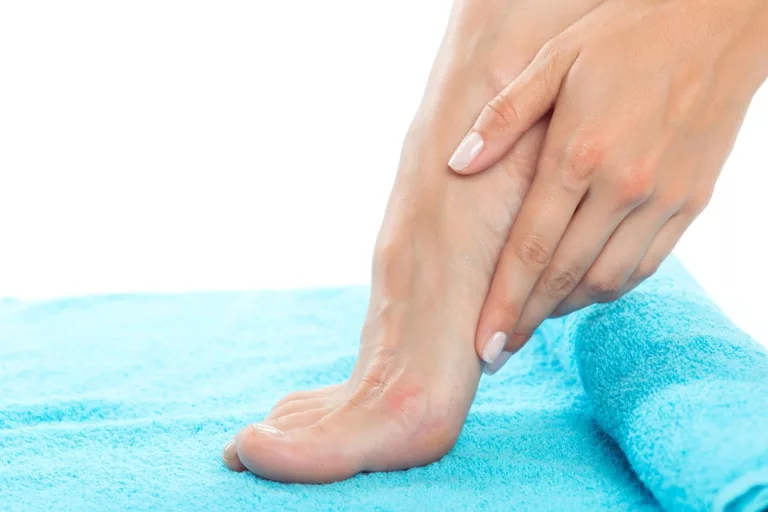Playing with Pain Can Ruin Your Tennis Game
Quick, repetitive footwork ID’d as culprit.
Playing with pain can ruin tennis game – Foot pain began affecting Donna’s tennis game, and she was determined not to let it keep her from the sport she loved.
The 47-year-old avid tennis player from Arizona tried to play through the pain and rest her feet between matches. But when the pain became too much, and even started affecting her everyday activities, she made an appointment with a foot and ankle surgeon. His diagnosis: Donna was suffering from plantar fasciitis and a neuroma.
According to Donna’s doctor, Kris DiNucci, DPM, FACFAS, a Fellow of the American College of Foot and Ankle Surgeons, the conditions plaguing her are common among court-playing athletes.
Repetitive Foot Movements and Forefoot Pressure
“Because playing tennis requires quick, repetitive foot movements and continuous forefoot pressure, neuromas, (a thickening of the nerve tissue in the foot from compression) are common,” DiNucci says. “In addition, those same movements can cause athletes to develop plantar fasciitis, an inflammation of the strong ligament that extends from the heel to the toes,” he added.
Starting With Non-surgical Treatment
“If treated early, both conditions can be resolved nonoperatively. But as the condition progresses, surgical methods may be required to help patients get back to their sport and their everyday activities.”
Donna’s treatment regimen included stretching exercises, icing, a cortisone injection, an adjustment to her shoes and custom orthotics. “Within four months, the heel pain from the plantar fasciitis had improved tremendously. But the pain in the ball of my foot from the neuroma was still bad, and Dr. DiNucci recommended surgery,” Donna said.
“While surgery is not always needed to treat neuromas, in Donna’s case, it was necessary because she wasn’t responding to nonsurgical treatments,” DiNucci said.
Four weeks after surgery, Donna was back on the tennis courts and eight weeks post-op, she was back to her normal three-to-four-days-a-week tennis game.
All Court-playing Athletes are Susceptible to Injury
Court-playing athletes, such as tennis and basketball players, are also susceptible to Achilles tendonitis, sesamoiditis, stress fractures, ankle sprains and posterior tibial tendonitis, which all can be brought on from the high-impact movements of playing on hard surfaces. “Players with existing foot maladies or structural abnormalities of the lower extremity also need to be extra cautious while playing since their conditions can put them at a higher risk for overuse injury,” says Dr. DiNucci.
No matter the sport, athletes must take preventive methods to protect their feet to keep themselves in the game. Supportive shoes tailored to the sport are vital, along with proper training and stretching before and after play. If athletes are injured or experience pain or discomfort in their feet or ankles, it’s best to be examined by a foot and ankle surgeon. Early intervention is the key to proper healing.
As for Donna, she’s back on her feet and has made modifications to her game, such as stretching before and after a match and wearing more supportive shoes with her custom foot orthotics.
Tennis Injuries to the Foot and Ankle
Tennis involves much foot work. Foot and ankle injuries can occur from the continuous side-to-side and quick stopping and starting motions required in this sport. The playing surface also plays a role, as hard courts are less forgiving compared to clay courts. Tennis players should be aware of the following risks:
- Inversion ankle sprains can damage the ankle ligaments and can also be associated with peroneal tendon injuries and fractures.
- Overuse and excessive training can lead to heel pain (plantar fasciitis), Achilles tendonitis, sesamoiditis, stress fractures, posterior tibial tendonitis (or PTTD) and calcaneal apophysitis in children and adolescents.
https://www.foothealthfacts.org/article/playing-with-pain-can-ruin-your-tennis-game




